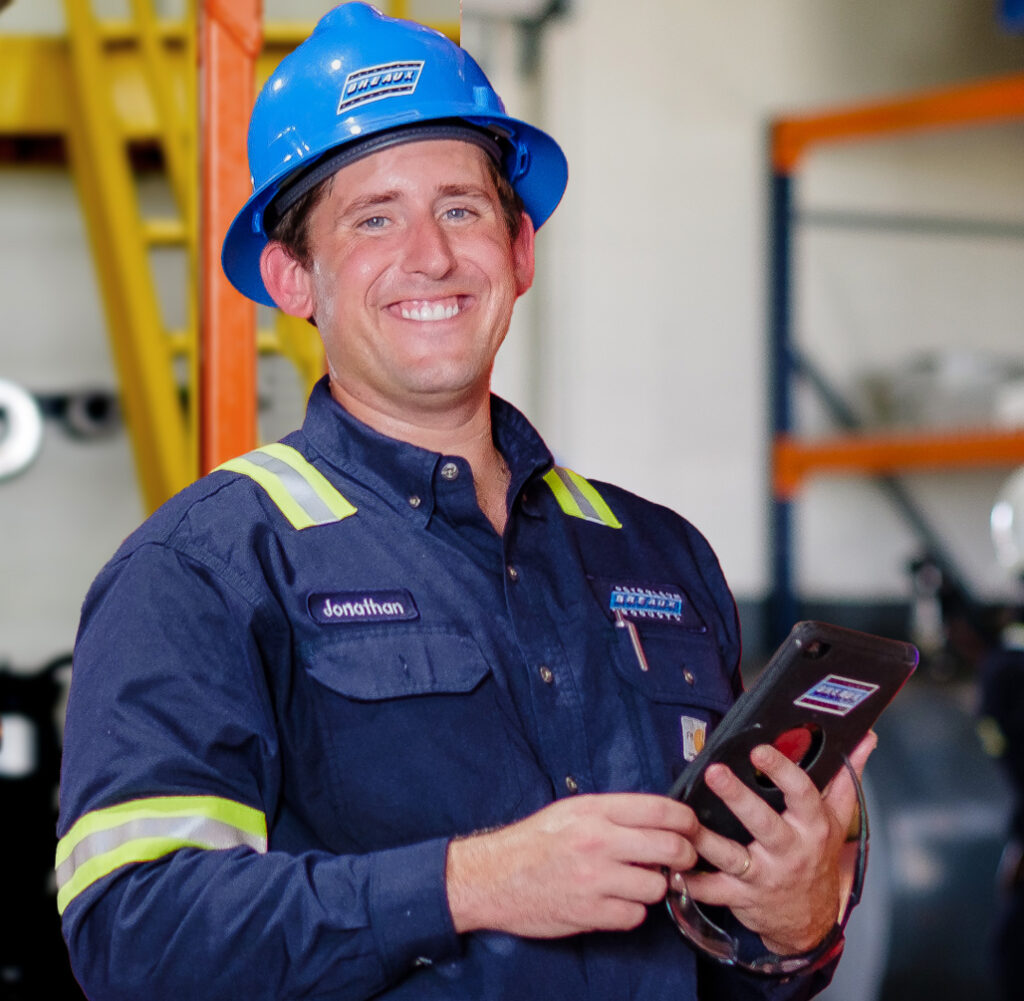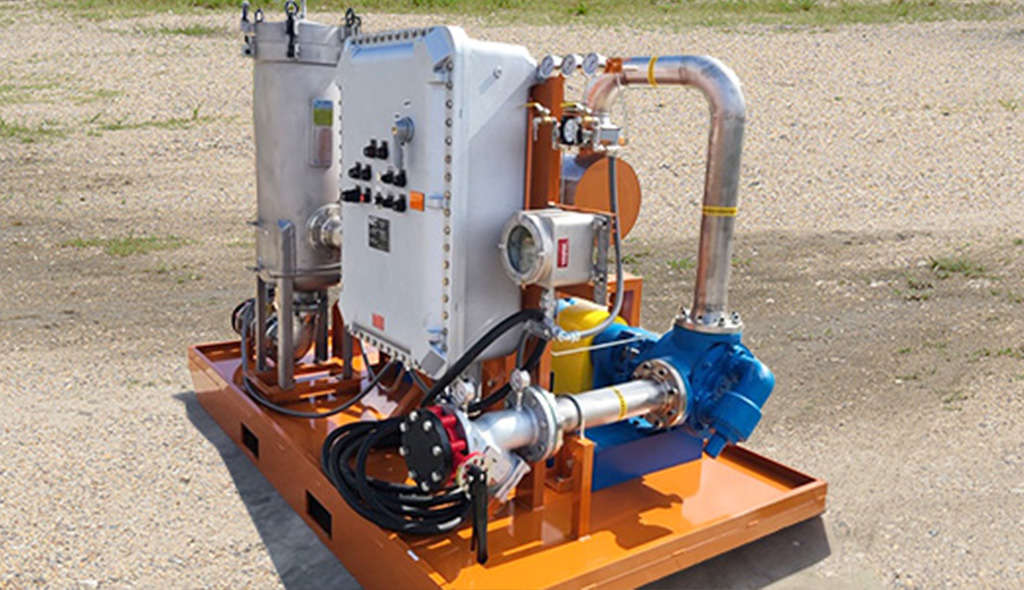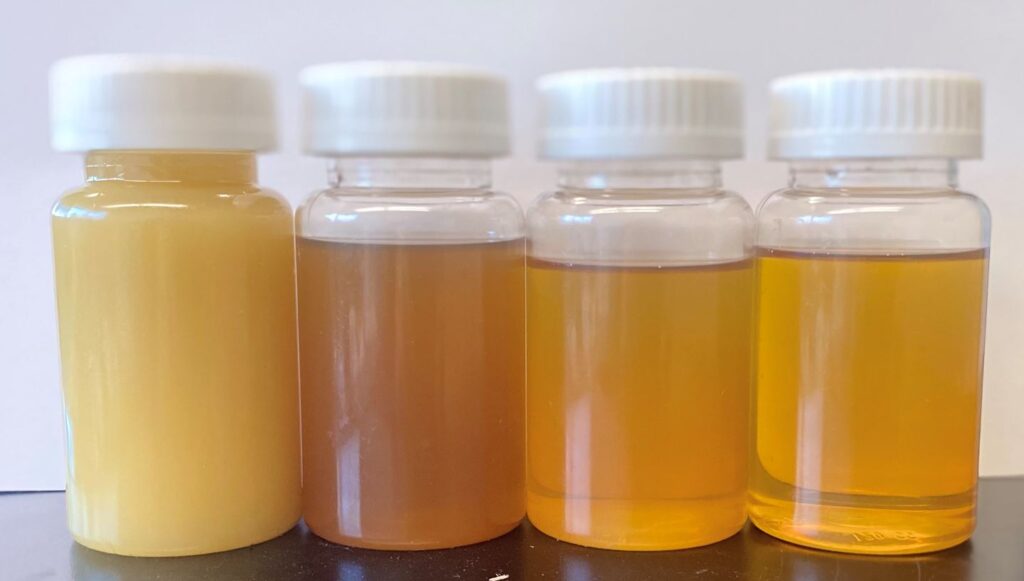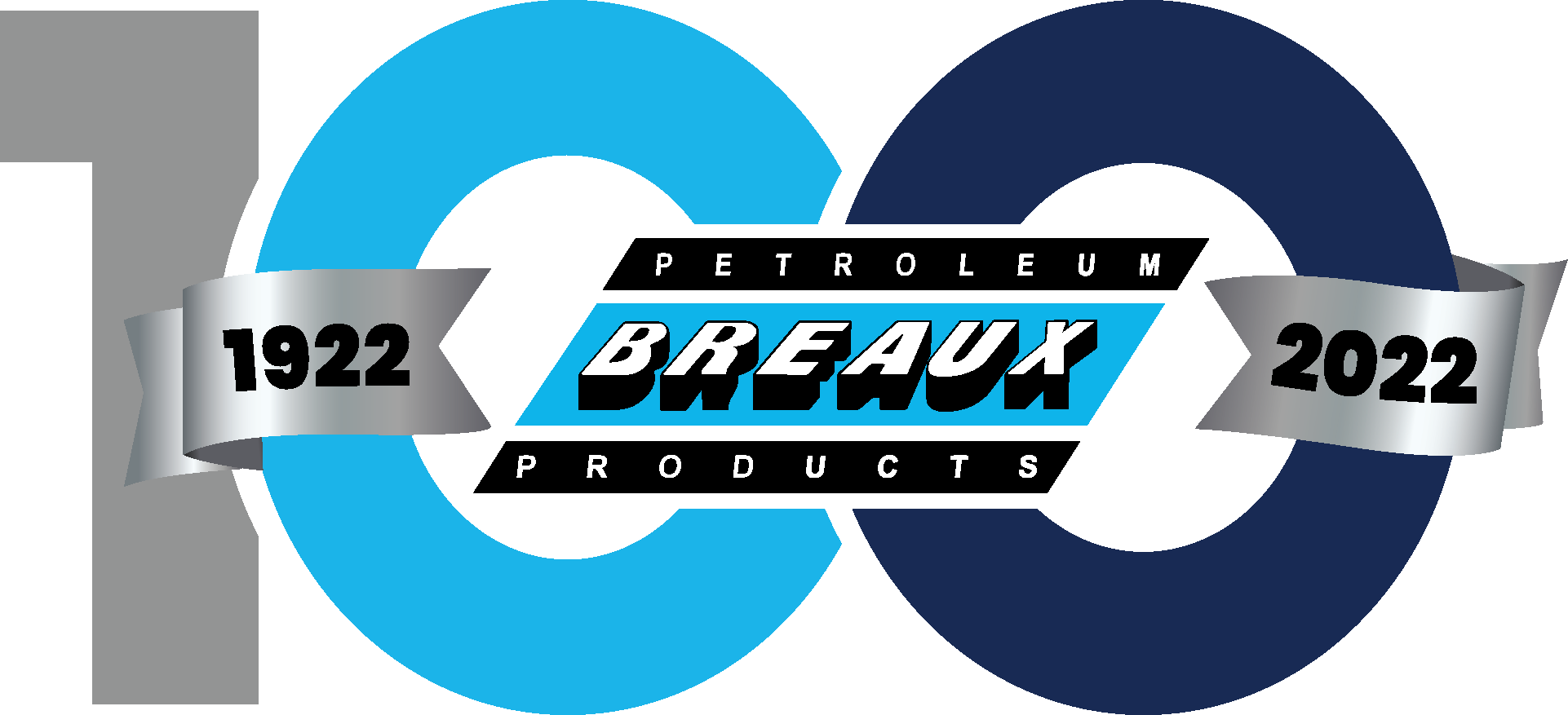Lubrication Q&A: Filtration Services

Ever wonder about our filtration services, what they are, and what it means for your company? Well, we got the scoop from one of our very own lubrication experts, Jonathan Granier (pictured right), on all your top questions. Read below to learn more about our filtration services.
1. What is filtration and how can it help my organization?
Nearly half of all rotating equipment failure can be contributed to excessive lubricant contamination. Most systems are designed with a permanent “inline” filtration, but what happens when your system filtration cannot achieve the required cleanliness? “Offline” filtration, or kidney loop filtration, is the process of connecting an external filtration pump to remove excessive impurities from your oil. These impurities are microns in size, and for the most part cannot be seen with the naked eye. For example, one tablespoon of dirt in a 500-gallon reservoir is equivalent to an ISO code of 19/15/12 – this amount of contamination in a hydraulic oil system could potentially cut the life of a hydraulic pump in half. What most people don’t realize is that in many cases “new” oil is even dirtier than that. Not only can clean oil extend the life of your equipment, but it can also extend the life of your lubricant. Contaminants like dirt also work as a catalyst promoting oxidation and sludge formation causing additional issues like wear, friction, and heat. Filtered oil saves time and money for you and your company.
2. How do your filtration services differ from other companies?
We are lubrication experts first and foremost. Our team understands the importance of correct filter sizes, product integrity, and oil sampling analysis. We will also recommend best practices that you can implement to maximize your lubrication reliability. We don’t believe that one size fits all, and we can adjust to your needs in real time.

3. Would I have to provide my own equipment for filtration services?
Not at all. We can provide turnkey services or bare equipment rental. Our team will also make recommendations for filtration and pump sizes to complete the job as quickly as possible. We also have a range of filtration pump types to satisfy any need or requirement. We carry pneumatic, electrical, and explosion-proof pumps that range from 1 – 320 GPM.
4. How long does this service usually take?
This will depend on how dirty your oil is and the rate of contamination ingression. Even new oil takes around 7 turnovers to clean to an ISO code of 16/14/11. Generally, we try to size our pump and customize our filters to complete the filtration in one day if there is no new ingression.
5. What are the benefits of filtration services?
Save money, save time, increased productivity, and increased reliability. Clean oil will maximize the life of your system allowing you to continue operation, and more importantly keep you running safely with less environmental impact.
6. How do I know my plant is right for filtration services?
Every piece of lubricated equipment needs to be kept as clean as possible. Realistically though, the more critical the process, including environmental and safety, the more critical the system is to be kept clean. Certain hydraulic systems require an ISO cleanliness code of 15/13/10. This means that one milliliter of oil would have less than 10 particles that are 14 microns in size. For reference, the general width of a human hair is roughly 70 microns (nearly 5 times larger).

7. What information do you need to be able to perform filtration services?
The first thing we try to understand is what is the cause of the contamination. Our goal is to correct the problem, not just treat the symptom. In many cases we will find the cause of contamination is related to wear caused by incorrect lubricant type or viscosity. From there we would look at the oil type, machinery requirements, reservoir size, access points, safety concerns, and power requirement. Lastly, we would look at previous oil samples for a contamination baseline and to see if any other conditioning services are needed.
8. Can these services be performed while our unit is in operation?
Not only can, but it should. The preferential time to complete a kidney-loop filtration is while the system is running. Offline filtration of the lube oil console, while in run, is an effective way to clean the entire lube oil system.
9. How will I know the filtration will be successful?
Our team utilizes a field laser particle counter that is used throughout the job to track progression of the filtration. Once a certain cleanliness code is achieved, a retain sample from before and after filtration is sent off to a third-party lab for verification.
10. How do I know if my oil needs to be filtered?
Don’t wait for catastrophic failure to know your oil is dirty. The best detection method is periodic oil sampling and analysis. From there you can track trends in particulate and other contaminants. We can also assist you with this, if needed!
If you would like to speak to Jonathan or our team of lubrication specialists to learn more about our Reliability Services like filtration, contact us at 985.532.3358 or services@breauxpetroleum.com.
